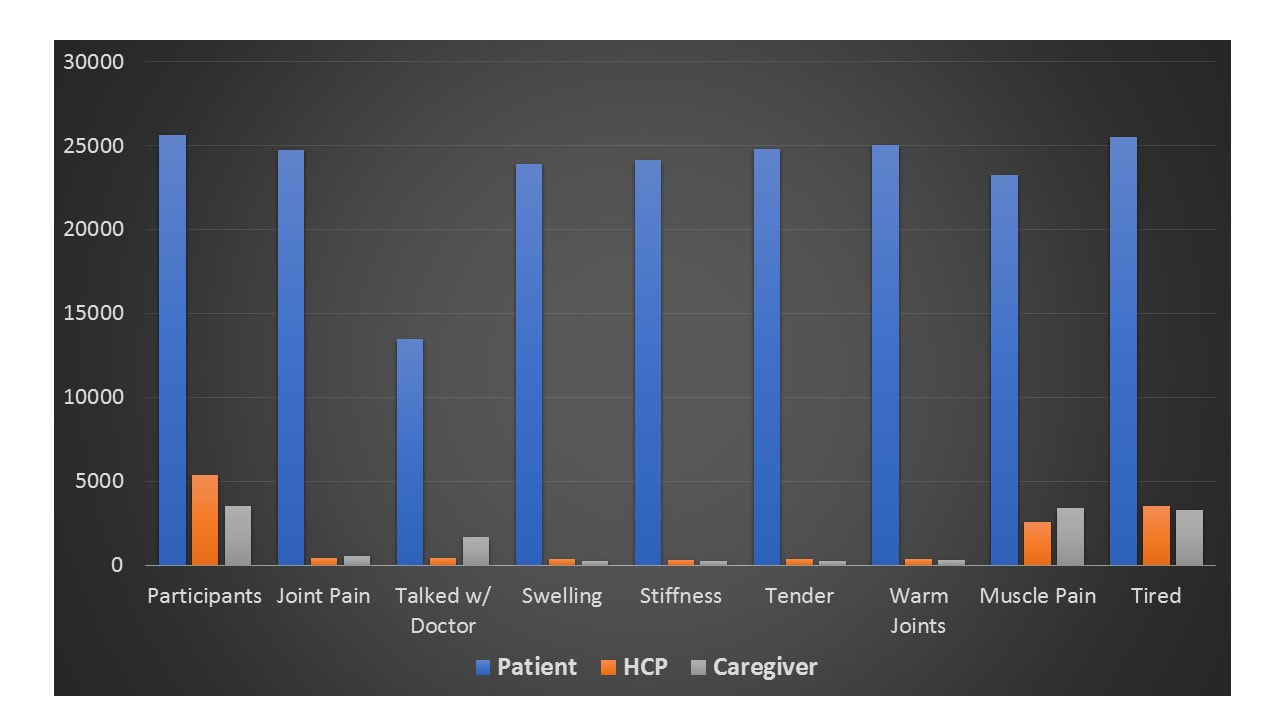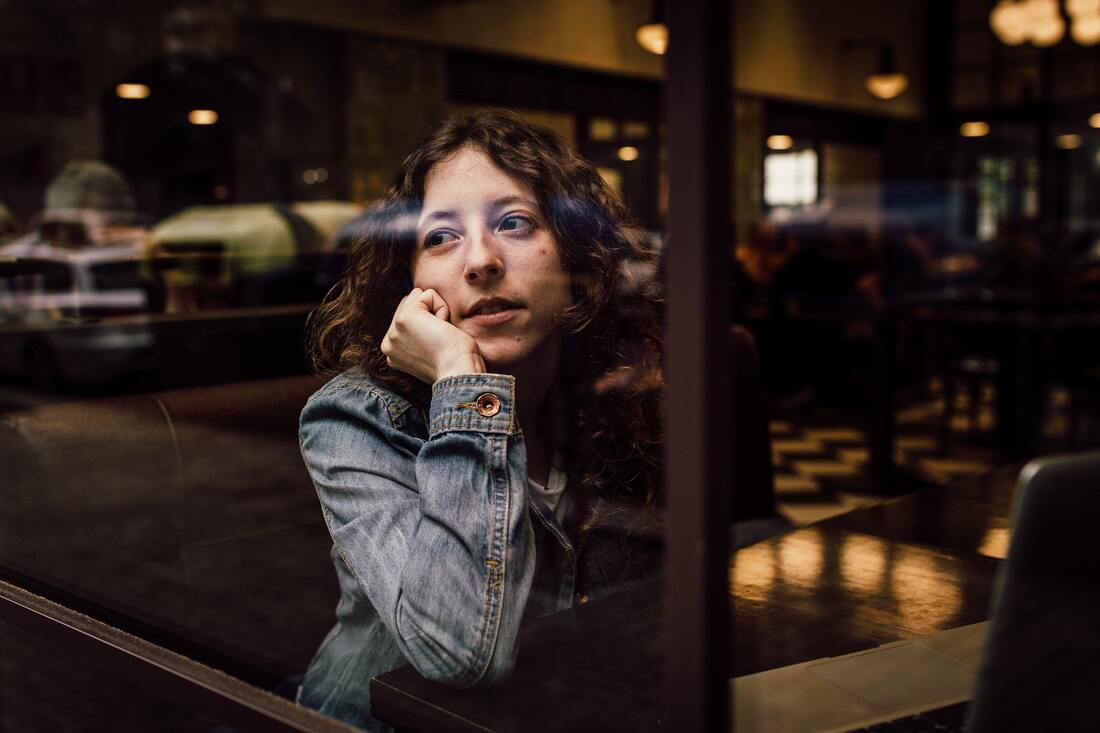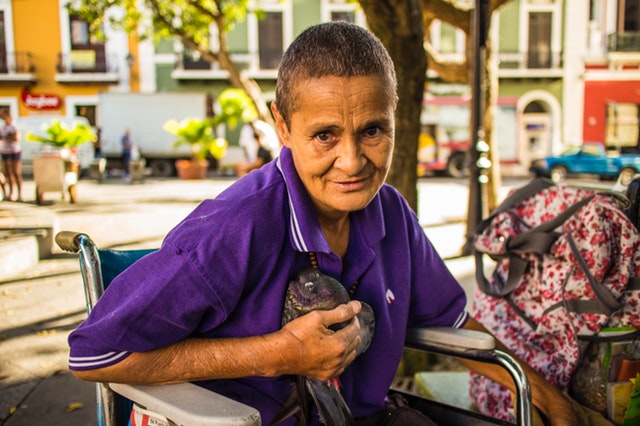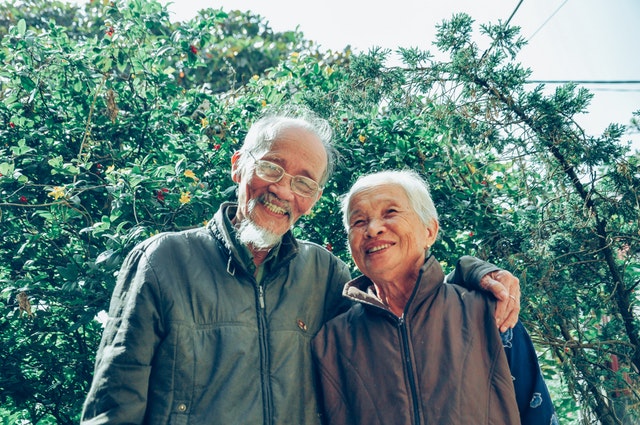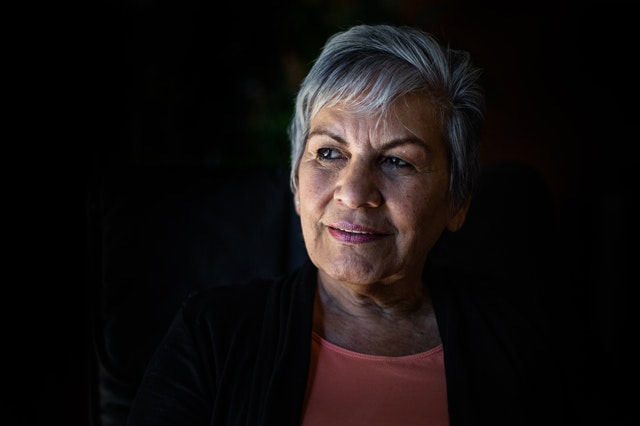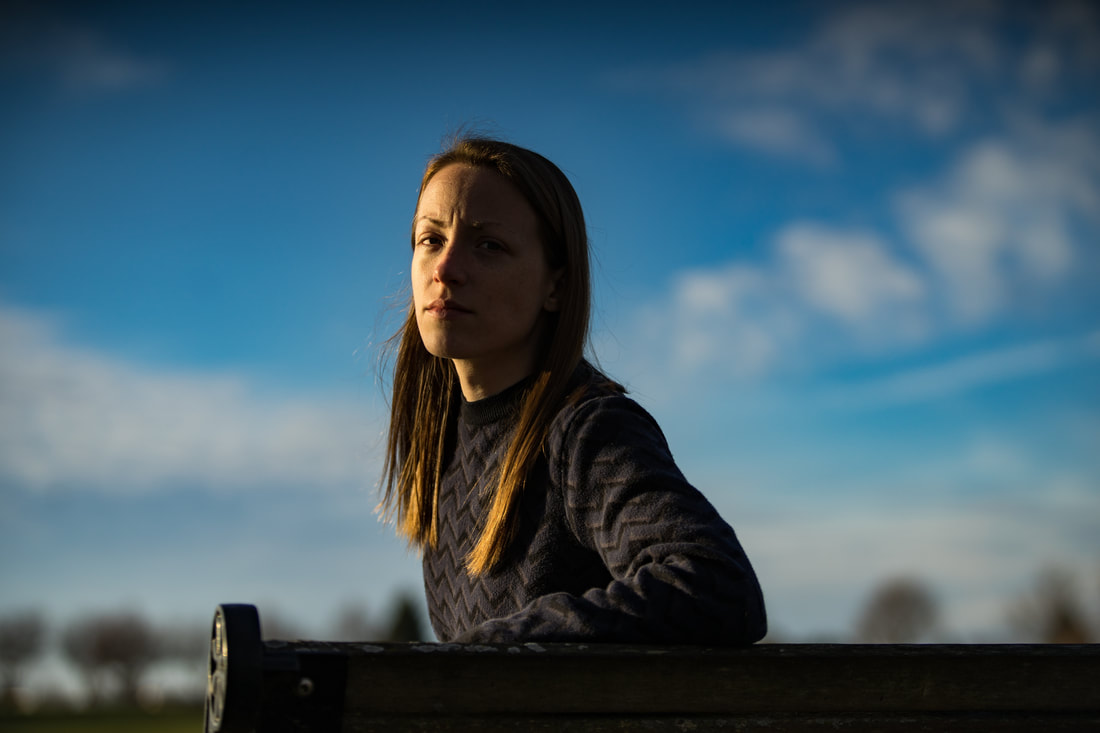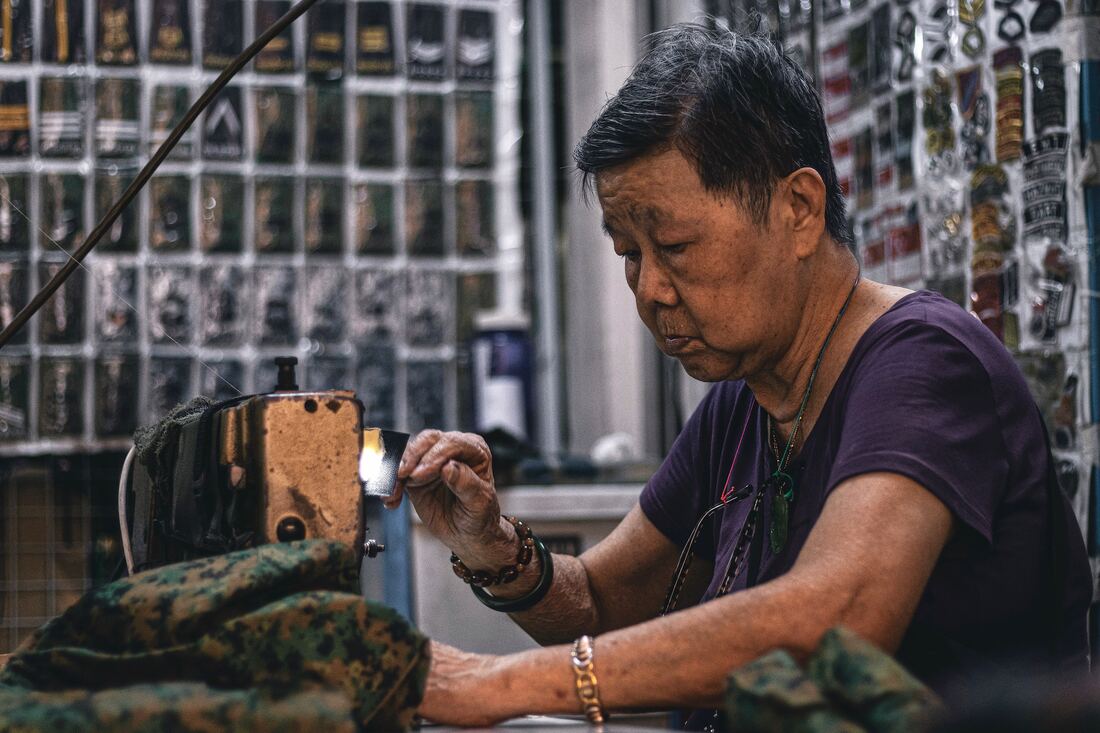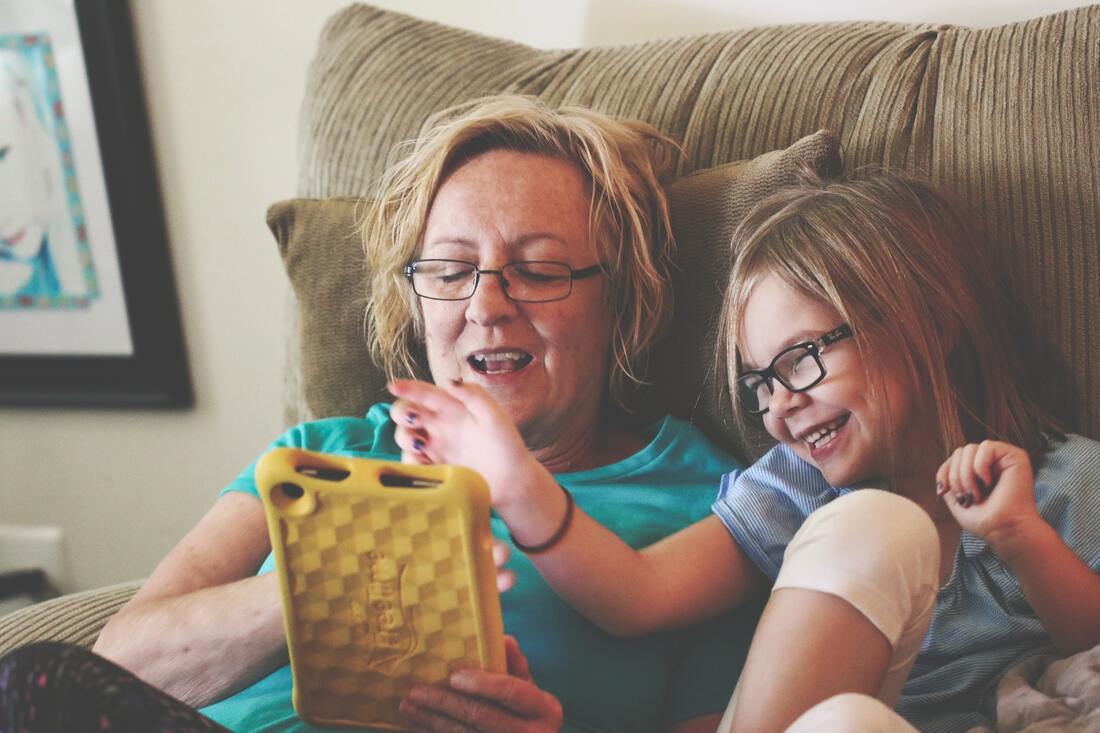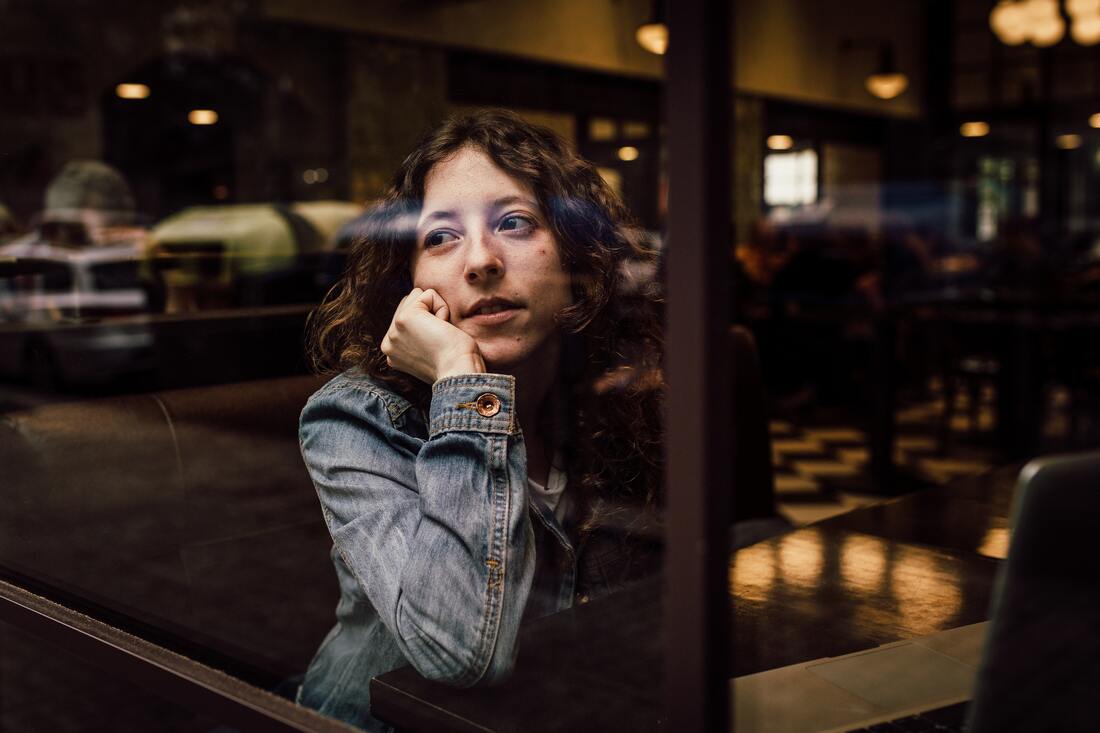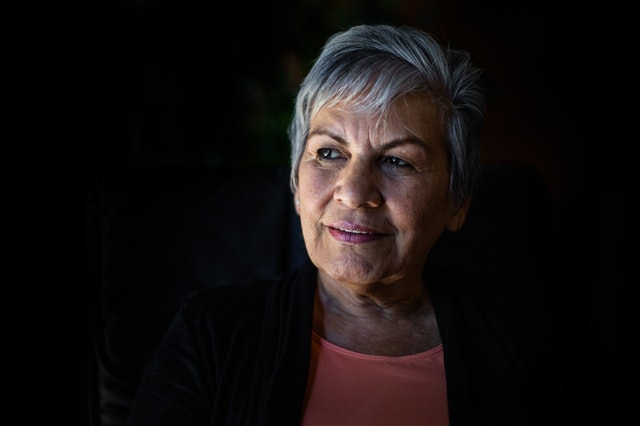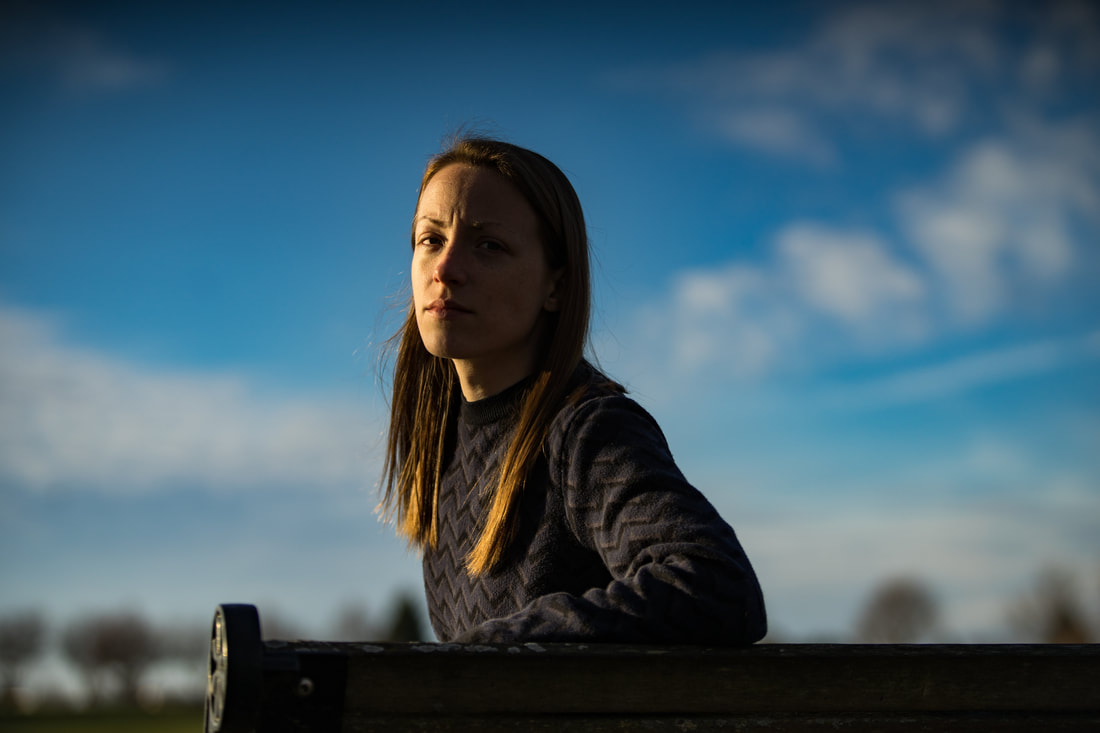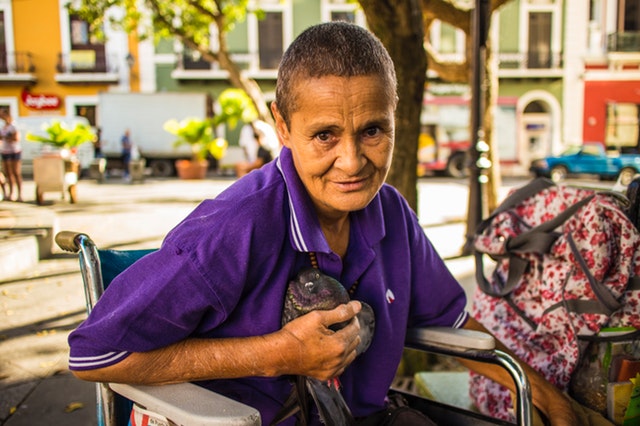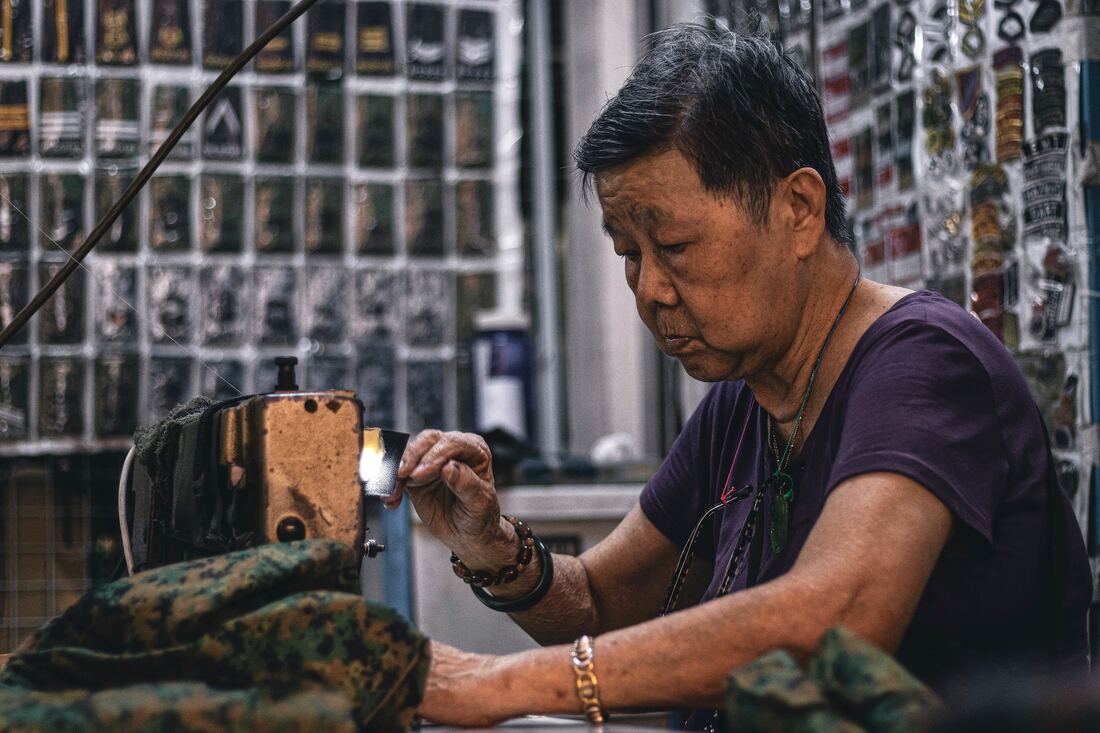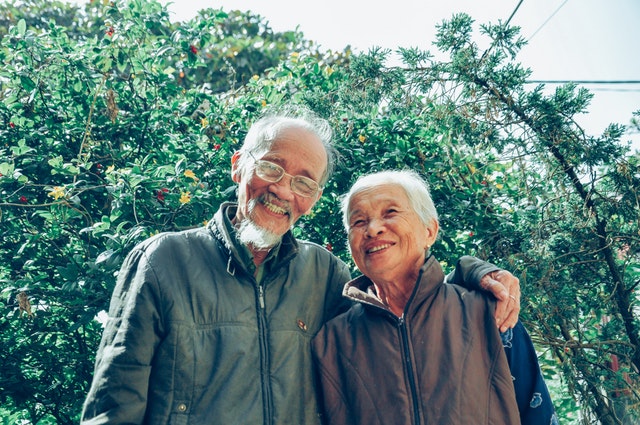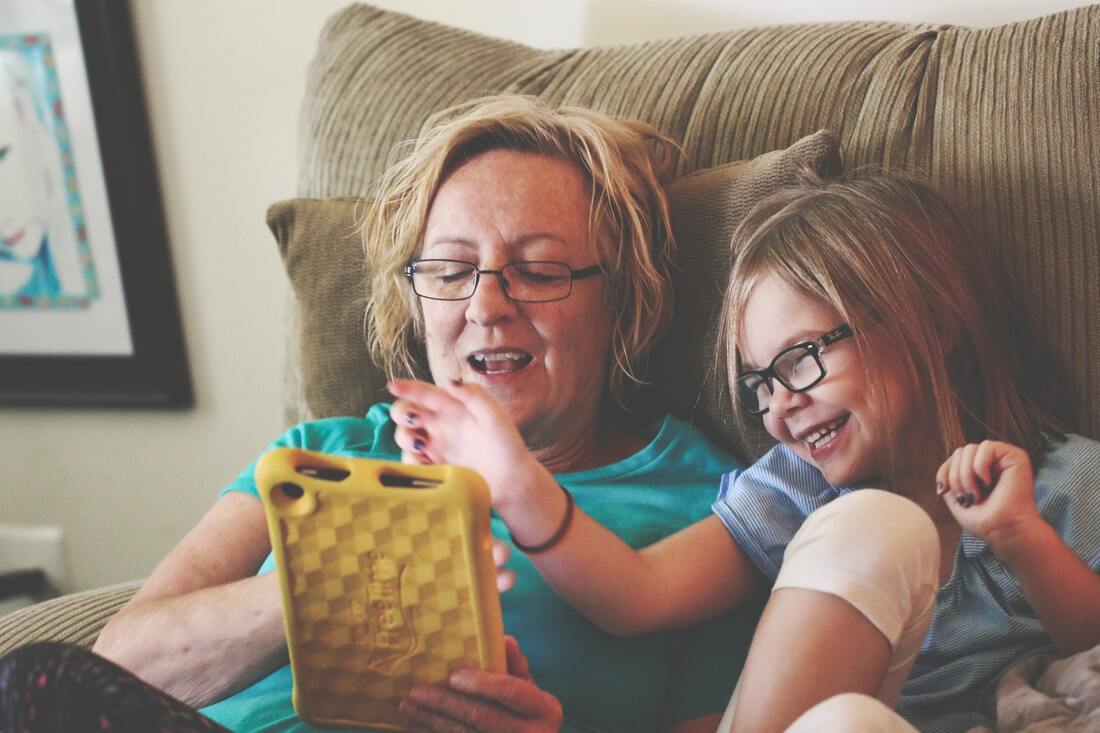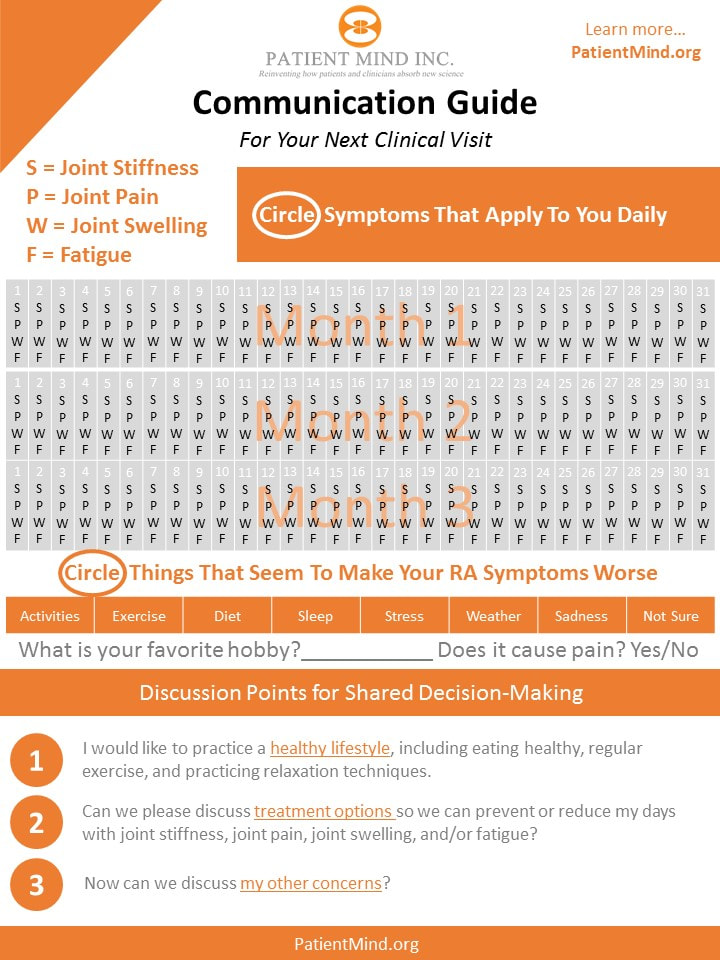Module 1: Prepare for Clinical Dialogue in Rheumatoid Arthritis
Module 2: Science and Management of Rheumatoid Arthritis
Made possible by a grant from Genentech.
|
|
|
|
See on YouTube
|
A RheumatoiD Arthritis (RA) Specialist answers Questions
You will learn the tools for confident dialogue in RA and how to create a personalized RA treatment plan that works. You can also see a support community to discuss, interact, and ask questions. Keep up-to-date on RA here on a daily basis.
Learn From AmyName: Amy
Age: 39 From: New Hope, Pennsylvania Amy's Question (Q): How is Rheumatoid Arthritis (RA) diagnosed? What should I do if I think I am developing RA? Doctor's Answer: It may take years before joint symptoms are noticed, but blood tests can be used to identify RA factors if you feel you are at risk of developing RA. Make an appointment now with your doctor. Talk about signs, symptoms & risk. |
Learn From KalebName: Kaleb
Age: 43 From: Ogden, Utah Kaleb's Question: What is the Difference Between RA and Osteoarthritis (OA)? Doctor's Answer: OA is the deterioration of joints over the years. RA causes attacks of painful swelling that can eventually impact tissue like joints, and deformity of joints may be seen externally. |
Learn From RhondaName: Rhonda
Age: 64 From: Hanover, New Hampshire Rhonda's Question: Does RA Only Impact Joints? Doctor's Answer: Severe and/or untreated RA can cause damage to other parts of the body as well. Find a Specialists Here. Communication Guide for Your Next Clinical Visit |
Learn From CalebName: Caleb
Age: 45 From: Round Rock, Texas Caleb's Question: What are the signs and Symptoms of RA? Doctor's Answer: Swollen joints, stiffness, soreness, warm to the touch. Early stages of RA usually impact your hand and feet joints. Late stages impact larger joints. Other Non-Joint Symptoms may occur. Communication Guide for Your Next Clinical Visit |
Learn From AmandaName: Amanda
Age: 35 From: Allentown, New Jersey Amanda's Question: What are flares and remission? Doctor's Answer: Times of pain and swelling are called flares, whereas time of less pain and swelling is called remission. Find a Specialists Here. Communication Guide for Your Next Clinical Visit |
Learn From JenName: Jen
Age: 42 From: Pella, Iowa Jen's Question: Why Did I Get RA? Doctor's Answer: Genetics mixed with environment factors. This is called epigentics. Environment factors include infection, viruses and bacteria and potentially even stress, diet, and sleep. Additional risk factors are gender, age, a family history of RA, smoking, toxins, and obesity. |
Learn From LiaName: Lia
Age: 77 From: Winslow, Arizona Lia's Question: Is depression common with RA? Doctor's Answer: Yes. And both should be treated. Tell your doctor about both conditions. Find a Specialists Here. Communication Guide for Your Next Clinical Visit |
Learn From aprilName: April
Age: 28 From: Bentonville, Arkansas April's Question: Does exercise and diet help? My mom refuses to exercise and her diet is terrible. Doctor's Answer: Absolutely, exercise and diet are extremely important. Make sure you and your mom's healthcare professional decide on an exercise routine that will work best. It is hard for those with RA because the last thing you want to do is exercise when you are in pain. But both have been shown to help. Communication Guide for Your Next Clinical Visit |
Learn From JinName: Jin
Age: 83 From: Springfield, Missouri Jin's Question: What are these bumps on my elbows? Doctor's Answer: Sometimes bumps of tissue form around points of pressure like elbows. These are called Rheumatoid Nodules. Consult your doctor further at your next healthcare visit. Communication Guide for Your Next Clinical Visit |
Learn From Aki & BaeName: Aki and Bae
Age: 84 & 81 From: Cordova, Alaska Aki and Bae's Question: Are there new medications for RA? Doctor's Answer: There have been and continue to be new advances in medications for RA. Make sure to visit a specialist or ask your Primary Care provider about your options. Schedule regular appointments to continue to improve the management of RA. |
Learn From Patti & LauraName: Patti and Laura
Age: 59 & 7 From: Fish Creek, Wisconsin Patti and Laura's Question: What about vaccines and RA? Doctor's Answer: Vaccines help reduce the risk of infections that can make RA symptoms worse. Find a Specialists Here. Communication Guide for Your Next Clinical Visit |
